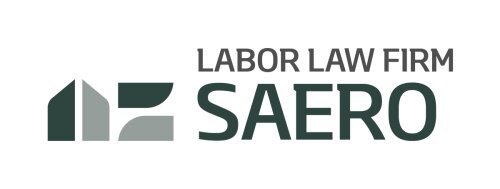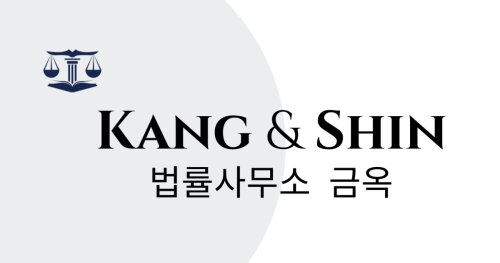Best Hiring & Firing Lawyers in Seoul
Share your needs with us, get contacted by law firms.
Free. Takes 2 min.
List of the best lawyers in Seoul, South Korea
About Hiring & Firing Law in Seoul, South Korea:
In Seoul, South Korea, the laws surrounding hiring and firing employees are governed by the Labor Standards Act. This legislation outlines the rights and obligations of both employers and employees, as well as the procedures for hiring and terminating employees.
Why You May Need a Lawyer:
You may need a lawyer for hiring and firing issues if you are facing wrongful termination, discrimination, or disputes related to employment contracts. A lawyer can provide legal advice, represent you in negotiations or court proceedings, and ensure that your rights are protected under Korean labor law.
Local Laws Overview:
Some key aspects of local laws related to hiring and firing in Seoul, South Korea include: - Employment contracts must comply with the Labor Standards Act. - Employers must provide notice or compensation for termination. - Discrimination based on gender, age, disability, or nationality is prohibited. - Disputes between employers and employees may be resolved through mediation or arbitration.
Frequently Asked Questions:
1. Can an employer terminate an employee without notice?
No, under Korean labor law, employers must provide notice or compensation when terminating an employee.
2. What are the grounds for wrongful termination in South Korea?
Wrongful termination can include unjust dismissal, discrimination, or violations of labor laws.
3. Can an employee be terminated for taking legal action against their employer?
No, retaliatory termination for exercising legal rights is prohibited.
4. Are employers required to provide severance pay in South Korea?
Yes, employers must provide severance pay based on the length of employment.
5. How can I file a complaint for unfair dismissal?
You can file a complaint with the Ministry of Employment and Labor or seek legal assistance.
6. Can an employer change the terms of an employment contract without notice?
No, changes to employment contracts require mutual agreement between the employer and employee.
7. What are the penalties for violating labor laws in South Korea?
Penalties for violations of labor laws can include fines, compensation to employees, or criminal charges.
8. Can an employer terminate an employee for poor performance?
Employers can terminate employees for poor performance if proper procedures are followed and documented.
9. Are there specific rules for hiring foreign employees in South Korea?
Yes, there are specific visa requirements and procedures for hiring foreign employees in South Korea.
10. Can an employee be terminated for refusing to work overtime?
Employers cannot terminate employees for refusing to work overtime if it is not a contractual obligation.
Additional Resources:
For more information on labor laws in South Korea, you can visit the Ministry of Employment and Labor website or consult with a legal advisor specializing in employment law.
Next Steps:
If you require legal assistance for hiring and firing issues in Seoul, South Korea, it is advisable to contact a lawyer who can provide guidance on your rights and options under Korean labor law.
Lawzana helps you find the best lawyers and law firms in Seoul through a curated and pre-screened list of qualified legal professionals. Our platform offers rankings and detailed profiles of attorneys and law firms, allowing you to compare based on practice areas, including Hiring & Firing, experience, and client feedback.
Each profile includes a description of the firm's areas of practice, client reviews, team members and partners, year of establishment, spoken languages, office locations, contact information, social media presence, and any published articles or resources. Most firms on our platform speak English and are experienced in both local and international legal matters.
Get a quote from top-rated law firms in Seoul, South Korea — quickly, securely, and without unnecessary hassle.
Disclaimer:
The information provided on this page is for general informational purposes only and does not constitute legal advice. While we strive to ensure the accuracy and relevance of the content, legal information may change over time, and interpretations of the law can vary. You should always consult with a qualified legal professional for advice specific to your situation.
We disclaim all liability for actions taken or not taken based on the content of this page. If you believe any information is incorrect or outdated, please contact us, and we will review and update it where appropriate.














